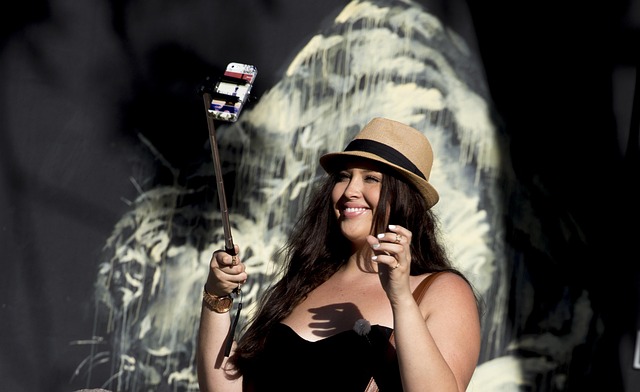The rise of social media has dramatically transformed how we perceive ourselves and interact with others. Among the myriad of trends emerging from platforms like Instagram and Snapchat, one phenomenon stands out: selfie compulsion. This irresistible urge to capture and share our own images is reshaping our self-confidence, often in unexpected ways.
In the age of filtered perfection and curated lives, the pressure to look a certain way is omnipresent. Social media impacts our self-view significantly. When we scroll through feeds brimming with flawless selfies, it’s hard not to compare ourselves to those idealized images. This comparison often leads to a distorted sense of reality, where users feel their worth is tied to likes and comments.
This constant engagement with our own self-image can lead to the notion that our value is measured in pixels. As a result, many find themselves caught in a cycle of selfie compulsion, driven by the desire for validation from their online followers. Each click of the camera serves as a fleeting boost to self-esteem, but it is often short-lived, leaving users craving that next fix of approval.
Beyond just seeking likes, the act of taking selfies can become a way to assert one’s identity or explore self-expression. For some, it fosters creativity and helps in developing a personal brand. However, the line becomes blurred when the act of self-documentation shifts from a fun, empowering activity to an obsessive compulsion to monitor how the world perceives us.
What is often overlooked is how this selfie compulsion impacts individuals’ real-world interactions. With the focus increasingly shifting to our online personas, many may find themselves feeling less confident in face-to-face encounters. The confidence derived from the ‘perfect’ selfie can quickly dissolve in the presence of others, especially when the reality does not align with the filtered version viewers see online.
The implications for self-confidence are profound. While social media has the power to connect and empower, it also poses a significant risk to our mental health and overall self-worth. Learning to strike a balance between enjoying self-expression through selfies and fostering genuine self-confidence in our everyday lives is essential. Understanding the motivations behind our selfie habits can lead to healthier relationships with both ourselves and our digital identities.
As we navigate the complexities of social media and its impact on our self-confidence, it’s crucial to cultivate awareness of our behaviors. This awareness can empower individuals to take social media breaks, engage in more meaningful interactions, and ultimately develop a more robust, authentic sense of self that transcends the confines of likes and filters.




